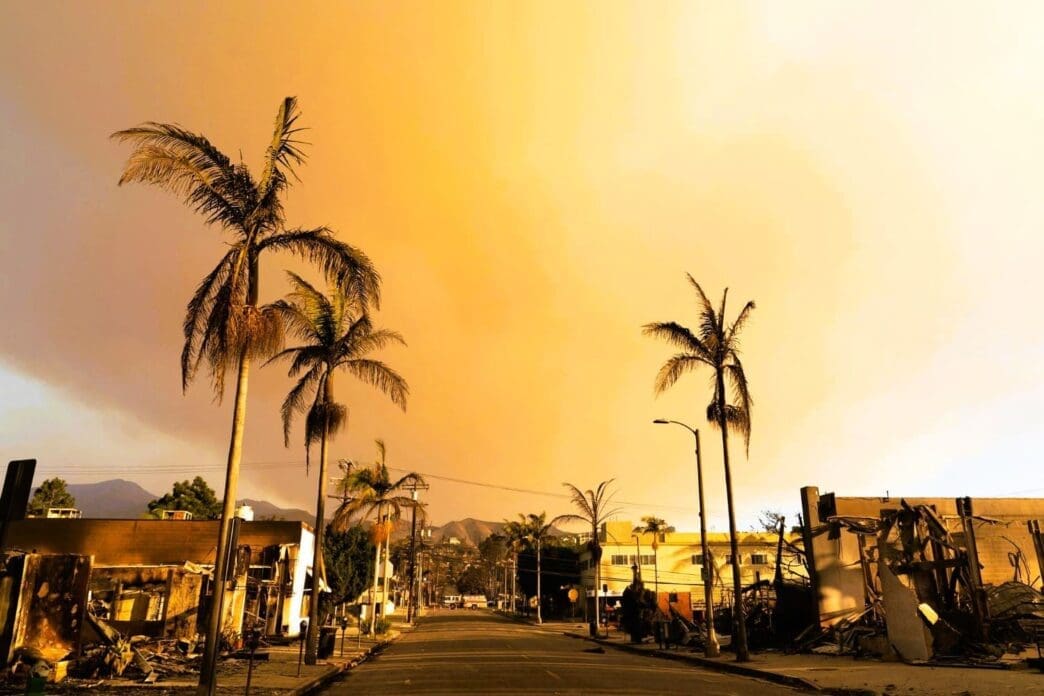California’s state-run insurance program, designed for homeowners unable to secure private insurance, is currently facing a significant financial burden. The program, known as the FAIR Plan, requires an additional $1 billion to address claims resulting from recent wildfires in Los Angeles, according to the state’s Insurance Department.
The FAIR Plan is an insurance pool supported by major private insurers, providing policies to homeowners whose properties are considered too risky for standard coverage. Despite being intended as a temporary solution, the number of policies has surged, surpassing 452,000 in 2024, which is more than double the count in 2020. The increase in demand is largely attributed to ongoing wildfires, such as the Eaton and Palisades Fires that began on January 7, causing widespread destruction and fatalities.
The current insurance claims from these fires are projected to result in a loss of about $4 billion, with nearly 4,700 claims filed so far. The FAIR Plan has disbursed over $914 million already. In response to the financial demand, a request was made and approved by the state that allows all insurers operating in California to cover half of the required funds, with the remaining costs to be transferred to policyholders as a one-time fee. The specifics of this fee are yet to be detailed, but insurers must secure the necessary funding within a month of approval.
This instance marks the first request for additional funding by the FAIR Plan in over 30 years. Insurance Commissioner Ricardo Lara emphasized the necessity of this measure, noting, “The FAIR Plan must pay claims just like any other insurance company.” He reassured wildfire survivors of the program’s commitment to provide financial support amid challenges.
The FAIR Plan anticipates receiving $1.45 billion from reinsurance, contributing to the payout of claims, and expects to maintain approximately $400 million by July. With 45% of claims reported as total losses, another 45% as partial, and 10% as fair rental value, the situation underscores the growing impact of climate change on insurance markets.
Insurers have stated their dedication to the recovery efforts, highlighting the importance of this funding mechanism to deter insurers from exiting the state. Mark Sektnan from the American Property Casualty Insurance Association noted the essential nature of this move to stabilize California’s unbalanced insurance market and prevent possible policy cancellations that could jeopardize coverage for millions.
Conversely, consumer advocate groups, including Consumer Watchdog, have expressed intent to challenge any measures that burden consumers. Executive Director Carmen Balber stated, “Consumer Watchdog is exploring every legal option to stop a bailout if any insurance company seeks to make consumers pay.”
This funding challenge occurs amid broader efforts by California to stabilize its insurance landscape, following pauses or restrictions on new business by major insurers in 2023. Wildfires have grown in frequency and severity due to climate change, complicating risk assessments and insurance pricing. Of California’s 20 most destructive fires, 15 have happened since 2015, prompting regulatory adjustments to allow insurers to factor climate change into premium calculations and shift reinsurance costs to consumers.
The FAIR Plan’s financial strain illustrates the broader difficulties faced by California’s insurance market. As regulators and insurers navigate these challenges, the impacts of climate change on risk and coverage continue to necessitate adaptive measures. While efforts are made to ensure stability, the balance between protecting consumers and maintaining insurer participation remains a critical point of contention.








